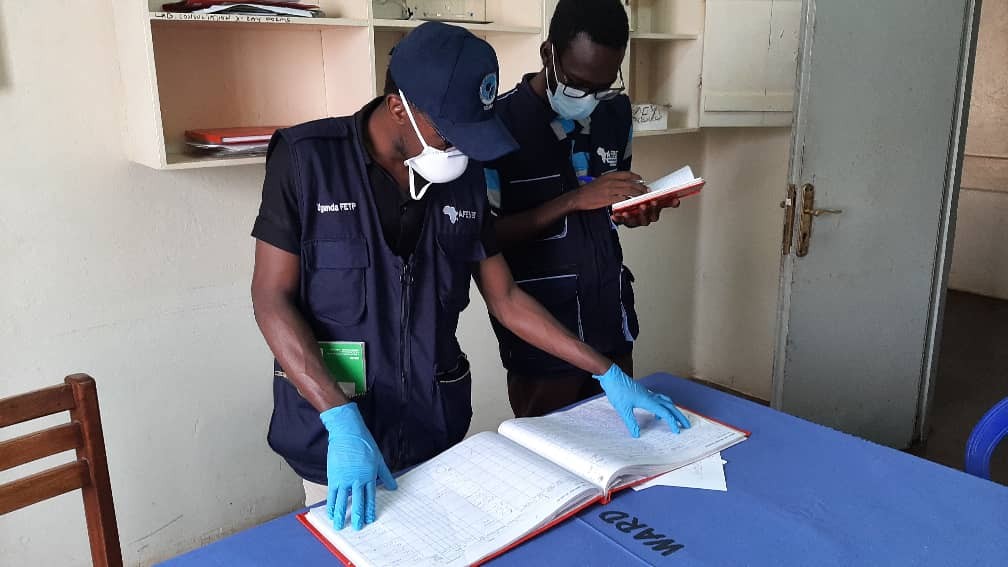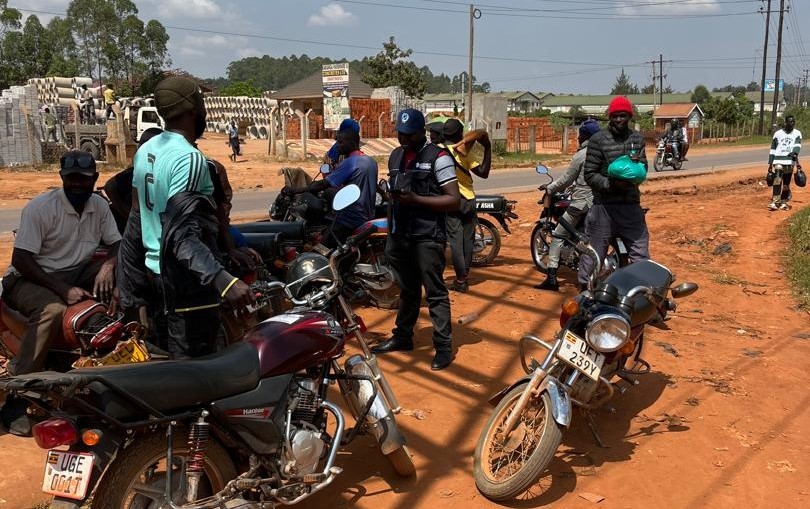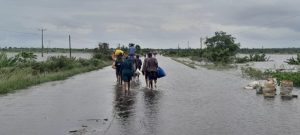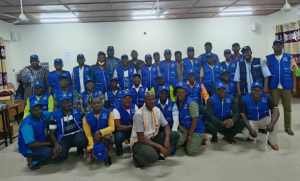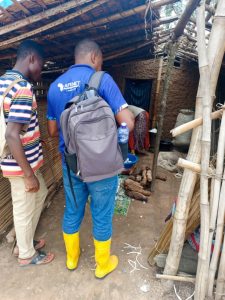Day 2 of the Ebola active case search in Uganda: Strengthening surveillance and community engagement
-
by
AFENET
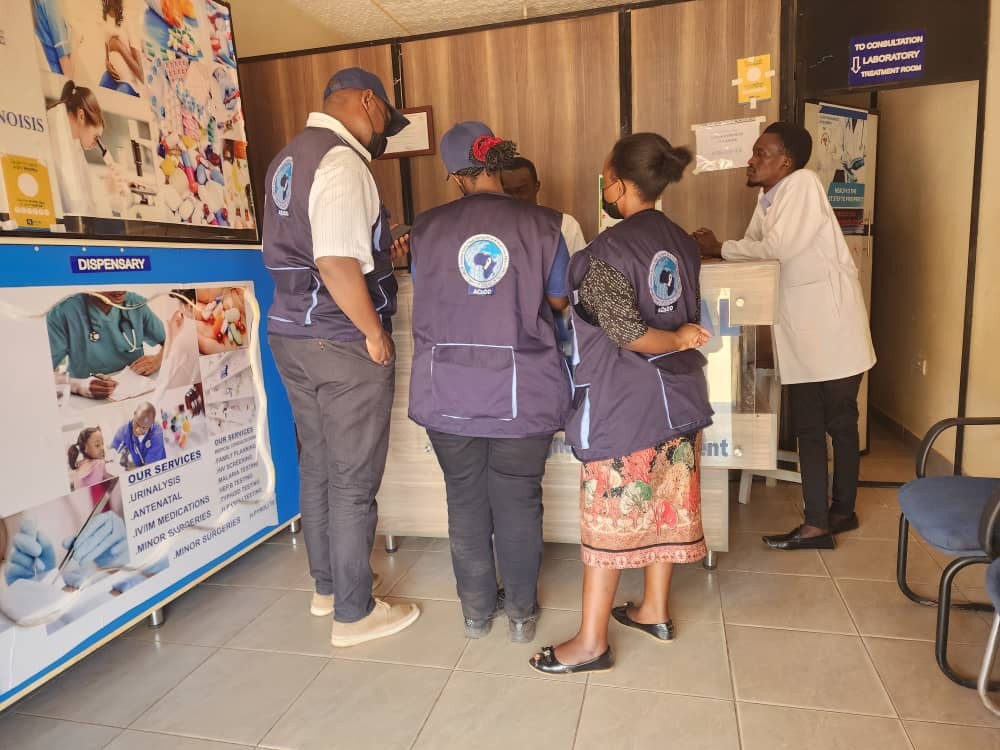
The second day of the Ebola active case search in Kampala and Wakiso Districts, Uganda, began with a debriefing at the Public Health Emergency Operations Center (PHEOC). The session was led by Mr. Kadobera Daniel, an epidemiologist and Resident Advisor of the Public Health Fellowship Program (Advanced FETP) at the National Institute of Public Health. Teams reflected on their experiences from the previous day, identified key challenges, and refined strategies to enhance efficiency.
One of the major challenges identified was inadequate documentation of patient symptoms in outpatient registers, which hindered effective case tracing. Additionally, many health facilities lacked Information, Education, and Communication (IEC) materials on Ebola Virus Disease (EVD). To address this, Mr. Daniel committed to working with the risk communication team to distribute IEC materials and extend outreach to non-admitting health centers.
Expanding the Search: Engaging Communities & Mapping Facilities
In the field, one team reached the buffer zone near Saidinah Hospital, where they engaged boda boda riders and community members observing a disinfection exercise. These interactions provided valuable insights into public perceptions of EVD and helped identify additional health facilities for visits. Using a snowball approach, teams expanded their search by leveraging information gathered from initial facility visits.
Beyond reviewing medical records, teams actively engaged with patients and healthcare workers while strictly adhering to infection prevention and control (IPC) measures. Their efforts helped identify several suspected cases requiring follow-up. Meanwhile, at Mulago Hospital, another team conducted an extensive review of patient records to track potential cases.
Progress & Key Findings
Compared to day one, the second day’s efforts were more productive, with 27 health facilities visited and critical data gathered for follow-up. At the end of the day, public health officers reconvened at PHEOC to analyze findings and strategize for day three, reaffirming the vital role of active surveillance in controlling the spread of EVD.
Through dedication and collaboration, the teams reinforced the importance of early detection, rapid response, and community engagement in curbing the spread of Ebola and safeguarding public health.
